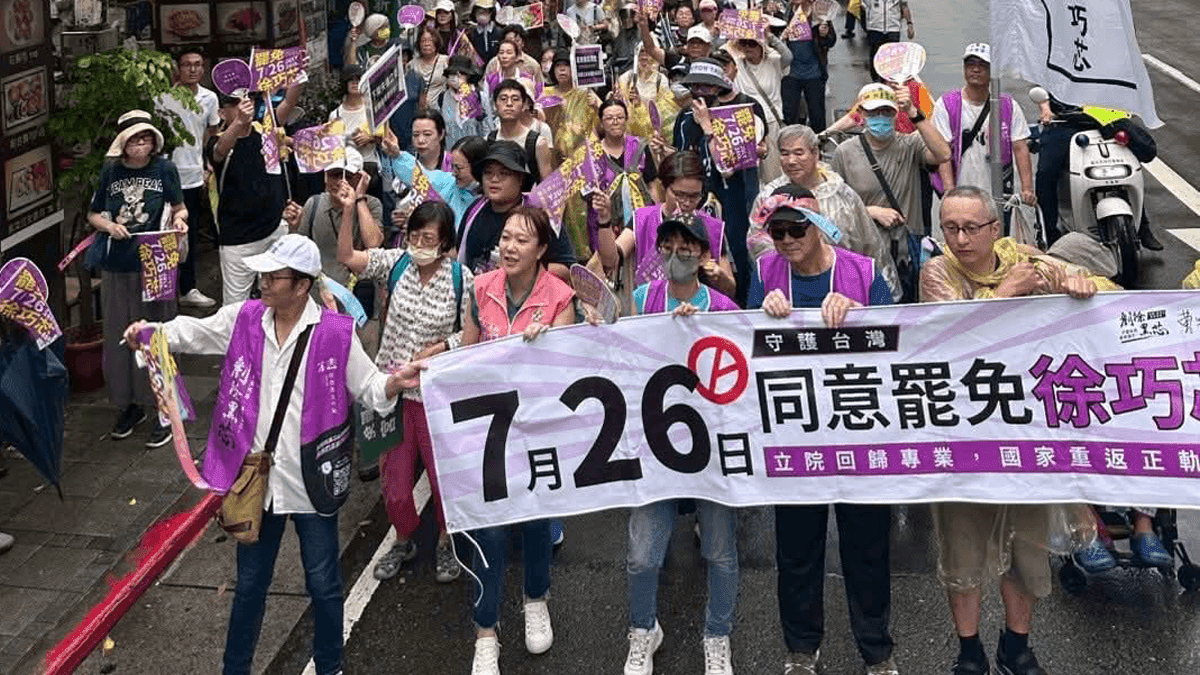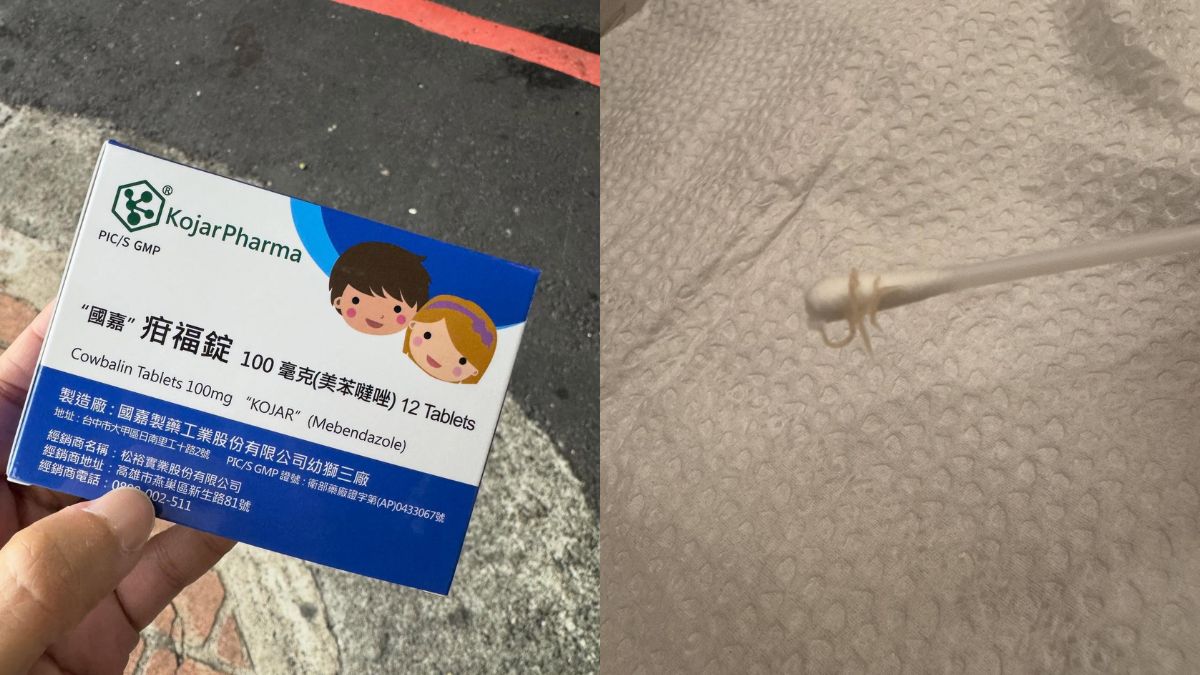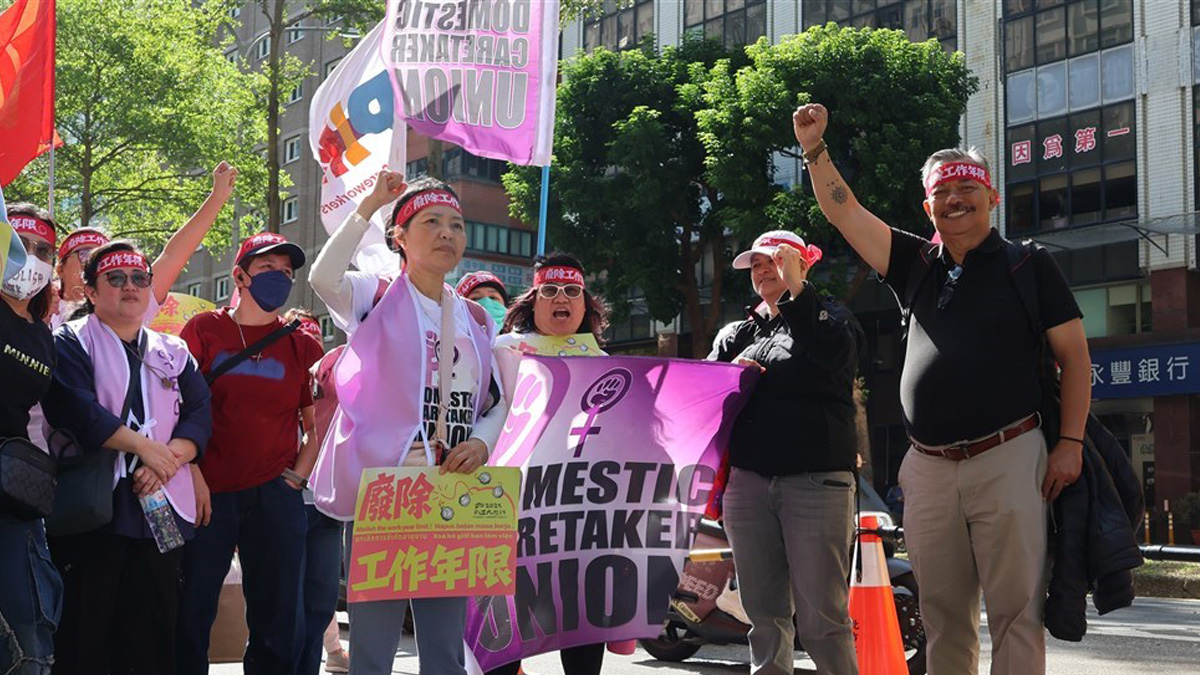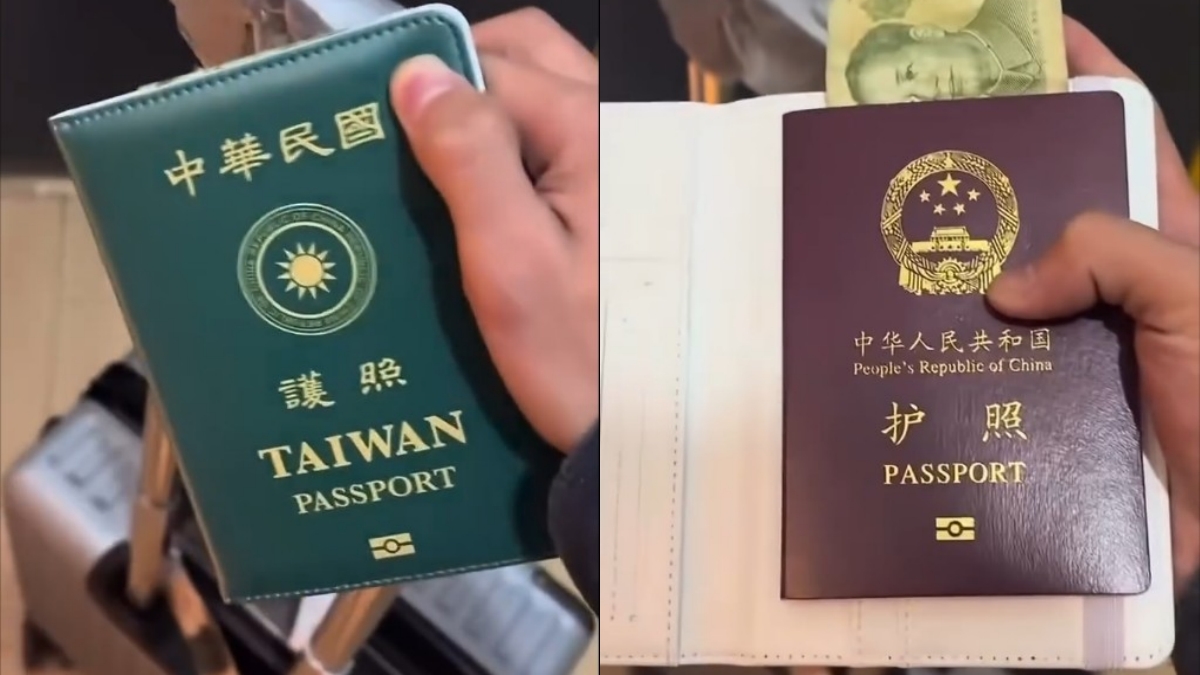Referendum and 26 recall votes against KMT lawmakers to cost Taiwan NT$1.62 billion
Organising a national referendum and 26 recall votes targeting Chinese Nationalist Party (KMT) lawmakers could cost Taiwan NT$1.62 billion (US$55.38 million), according to the Central Election Commission.

Key points summary:
- The national referendum and 26 recall votes are estimated to cost NT$1.62 billion (US$55.38 million).
- Each recall vote could cost up to NT$20 million; the referendum is estimated at NT$1.1 billion.
- Most recall votes against KMT lawmakers are scheduled for 26 July 2025; Nantou votes and the referendum set for 23 August 2025.
Organising a national referendum along with 26 recall elections aimed at Chinese Nationalist Party (KMT) legislators could cost Taiwan NT$1.62 billion (US$55.38 million), the Central Election Commission (CEC) announced on 15 July 2025.
According to the CEC, each recall vote could require between NT$16 million and NT$20 million. In comparison, a national referendum carries a higher estimated cost of NT$1.1 billion.
If each recall vote reaches the upper estimate of NT$20 million, the total cost of 26 recall elections combined with the national referendum on restarting the Ma-anshan Nuclear Power Plant would amount to NT$1.62 billion.
The commission had previously confirmed that 24 recall votes targeting KMT lawmakers would be held on 26 July 2025. The lawmakers involved include KMT caucus whip Fu Kun-chi, as well as Taipei legislators Wang Hung-wei, Hsu Chiao-hsin, Lee Yen-hsiu, Lo Chih-chiang, and Lai Shyh-bao.
Other targeted New Taipei City lawmakers are Hung Mong-kai, Lin Te-fu, Chang Chih-lun, Yeh Yuan-chih, and Liao Hsien-hsiang.
Additionally, the recall list includes KMT lawmakers Huang Chien-pin, Cheng Cheng-chien, Lin Pei-hsiang, Wan Mei-ling, Lu Ming-che, Niu Hsu-ting, Tu Chuan-chi, Liao Wei-hsiang, Huang Chien-hao, Lo Ting-wei, Ting Hsueh-chung, Lu Yu-ling, and Chiu Jo-hua.
The CEC also approved recall votes against two KMT legislators from Nantou County, Ma Wen-chun and Yu Hao. Due to administrative constraints in Nantou County and procedural timelines, these votes are set for 23 August 2025.
Meanwhile, the national referendum on restarting the Ma-anshan Nuclear Power Plant is scheduled for the same day, 23 August 2025. The referendum has attracted attention amid ongoing debates about Taiwan’s energy policies and public safety concerns.
Separately, the recall vote targeting suspended Hsinchu mayor Ann Kao will take place on 26 July 2025. In addition, Democratic Progressive Party (DPP) Nantou County Councilor Chen Yu-ling faces a recall vote on 13 July 2025.
By law, recall election expenses for mayors and councilors are borne by local governments, while costs for lawmakers’ recalls and national referendums fall under central funding, the CEC clarified.
The scale of these recall votes, combined with the referendum, marks one of the most extensive electoral exercises in Taiwan’s recent political history.
Observers suggest that these recall efforts reflect deep political divides, particularly between the KMT and the DPP, and highlight increasing public engagement in direct democracy measures.
The financial implications of these processes have sparked debate among policymakers and analysts about whether such expenditures are justified, especially as Taiwan continues to navigate economic pressures.
Furthermore, security and logistical preparations for holding multiple large-scale votes within a short period remain a focus for electoral authorities.
As Taiwan prepares for these upcoming electoral events, the CEC has pledged transparency in budgeting and implementation to maintain public trust.








0 Comments